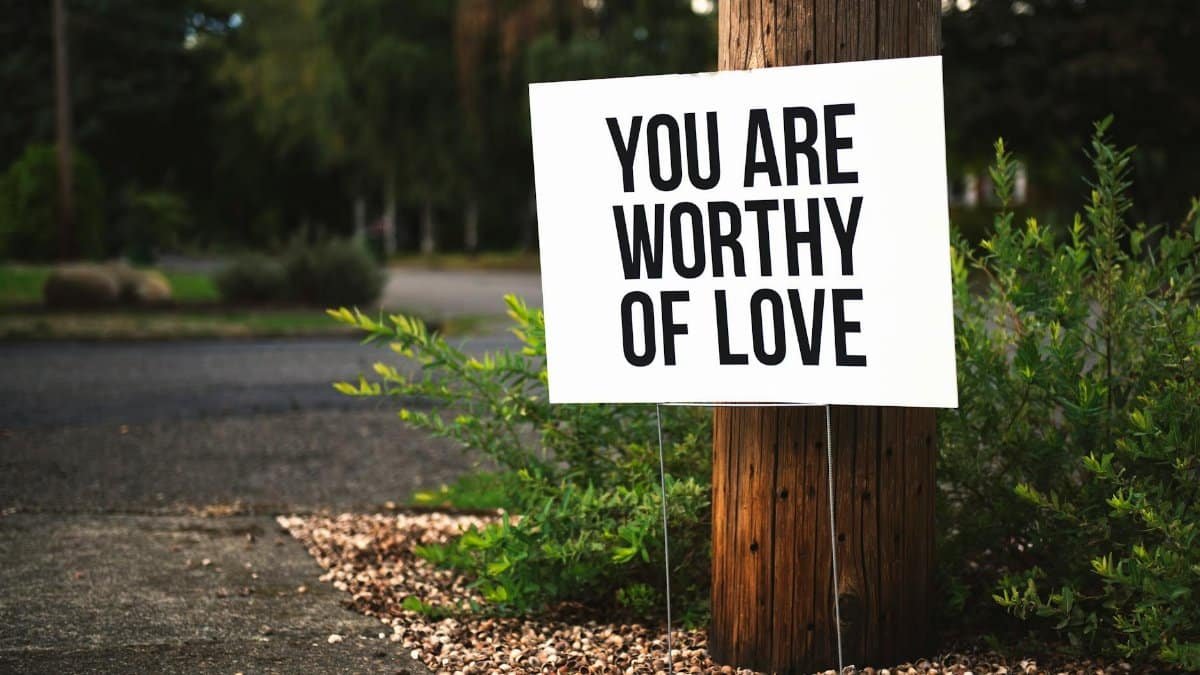In a world where breakups dominate headlines and therapy sessions are booked solid, is relationship mastery the game-changer we’ve been missing? This emerging approach, blending emotional intelligence with practical skills, promises deeper connections and personal growth. Devoting oneself to relationship mastery isn’t just about fixing romances—it’s a holistic path to self-discovery. As more Americans turn to wellness trends in 2025, stories of transformation are piling up, revealing unexpected benefits that go beyond the bedroom. But what exactly do people uncover after committing to this journey?
The Roots of Relationship Mastery

Relationship mastery draws from psychology, spirituality, and communication theories. It emphasizes understanding one’s own patterns before tackling partnerships. Experts like John Gottman, whose research on marital stability has influenced countless programs, highlight predictability in successful bonds. According to a study from the Gottman Institute, couples who master emotional bids—those subtle requests for connection—see divorce rates plummet by up to 50%. This foundation isn’t new, but its application in everyday life is gaining traction amid rising loneliness stats in the U.S.
Unexpected Emotional Clarity

People diving into relationship mastery often report a surge in emotional clarity. It’s like flipping a switch on foggy feelings. One devotee shared how journaling triggers revealed childhood influences on adult arguments. This self-awareness leads to better decision-making, not just in love but at work too. A American Psychological Association overview on emotional health supports this, noting that improved self-regulation correlates with higher life satisfaction. In 2025, with mental health apps booming, this discovery is timely.
Strengthened Boundaries and Self-Worth

Committing to relationship mastery teaches the art of boundaries, a skill many overlook. Followers discover that saying “no” without guilt boosts self-worth exponentially. This shift prevents codependency, fostering healthier dynamics. Research from the National Institutes of Health on interpersonal relationships underscores how strong boundaries reduce stress and enhance well-being. Real-life examples abound: professionals who once people-pleased now negotiate raises confidently, attributing it to mastery practices.
Deeper Connections Beyond Romance

Surprisingly, relationship mastery extends to friendships and family ties. Devotees find platonic bonds deepening through active listening and vulnerability. It’s not uncommon to hear stories of reconciled sibling rivalries or revitalized work teams. This broader impact aligns with Pew Research findings on social isolation, where quality interactions combat disconnection. As remote work persists in 2025, mastering these skills could redefine community in a digital age.
Challenges and Real Talk

Not everything is smooth sailing. Initial devotion to relationship mastery can unearth painful truths, like recognizing toxic patterns. Some face resistance from partners unwilling to evolve. Yet, overcoming these hurdles often leads to breakthroughs. Therapists note that persistence pays off, with data from counseling associations showing 70% improvement in relational satisfaction after consistent effort. It’s a reminder that growth hurts, but the discoveries make it worthwhile.
Practical Tools for Daily Mastery

What tools do people grab after committing? Daily check-ins, empathy exercises, and conflict resolution frameworks top the list. Apps and workshops make it accessible, turning abstract concepts into habits. For instance, mirroring techniques—repeating a partner’s words to confirm understanding—reduce misunderstandings. Backed by communication studies, these methods empower users to navigate tough talks effectively, leading to lasting change.
Impact on Long-Term Happiness

Ultimately, those devoted to relationship mastery discover sustained happiness. It’s not fleeting joy but a stable foundation. Longitudinal studies, like those from Harvard’s Grant Study, reveal that strong relationships are the biggest predictor of well-being over decades. Participants report fewer regrets and more fulfillment, even in solo phases. In today’s fast-paced U.S. culture, this insight is revolutionary, encouraging proactive emotional investment.
Real Stories of Transformation

Take Mia from New York: After a string of failed dates, she embraced relationship mastery through online courses. “I learned my avoidance stemmed from fear,” she says. Months later, she’s in a thriving partnership and feels more authentic. Similar tales echo across forums, from California entrepreneurs to Midwest parents. These anecdotes illustrate the tangible shifts, proving devotion yields profound personal evolution.
Why It’s Gaining Momentum Now

In 2025, with post-pandemic relationship reckonings, relationship mastery is surging. Social media amplifies success stories, while wellness influencers demystify it. Experts predict it’ll integrate into corporate training, addressing burnout through better interpersonal skills. This momentum highlights a cultural shift toward intentional living, where mastering relationships becomes essential for holistic wellness.
